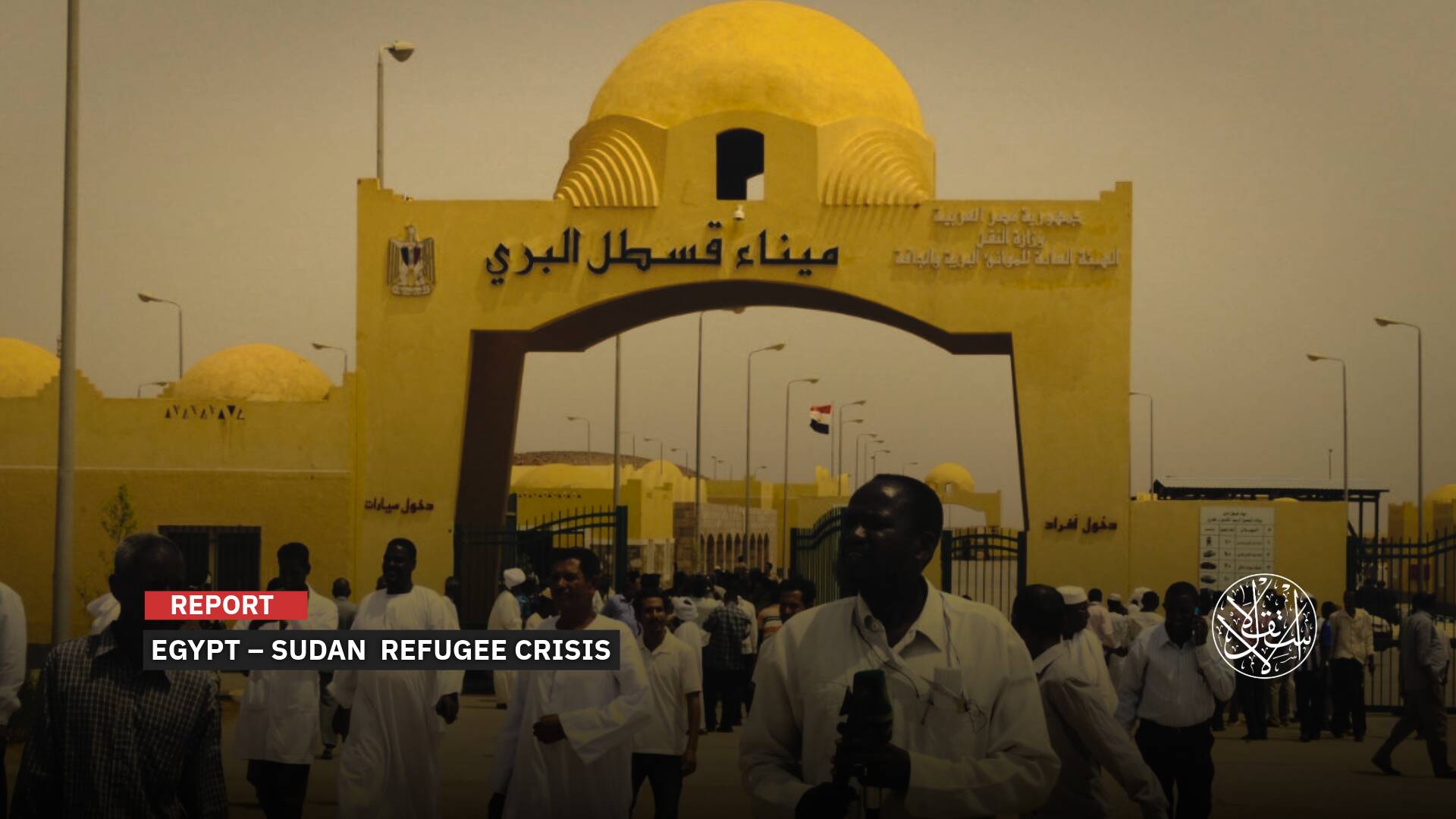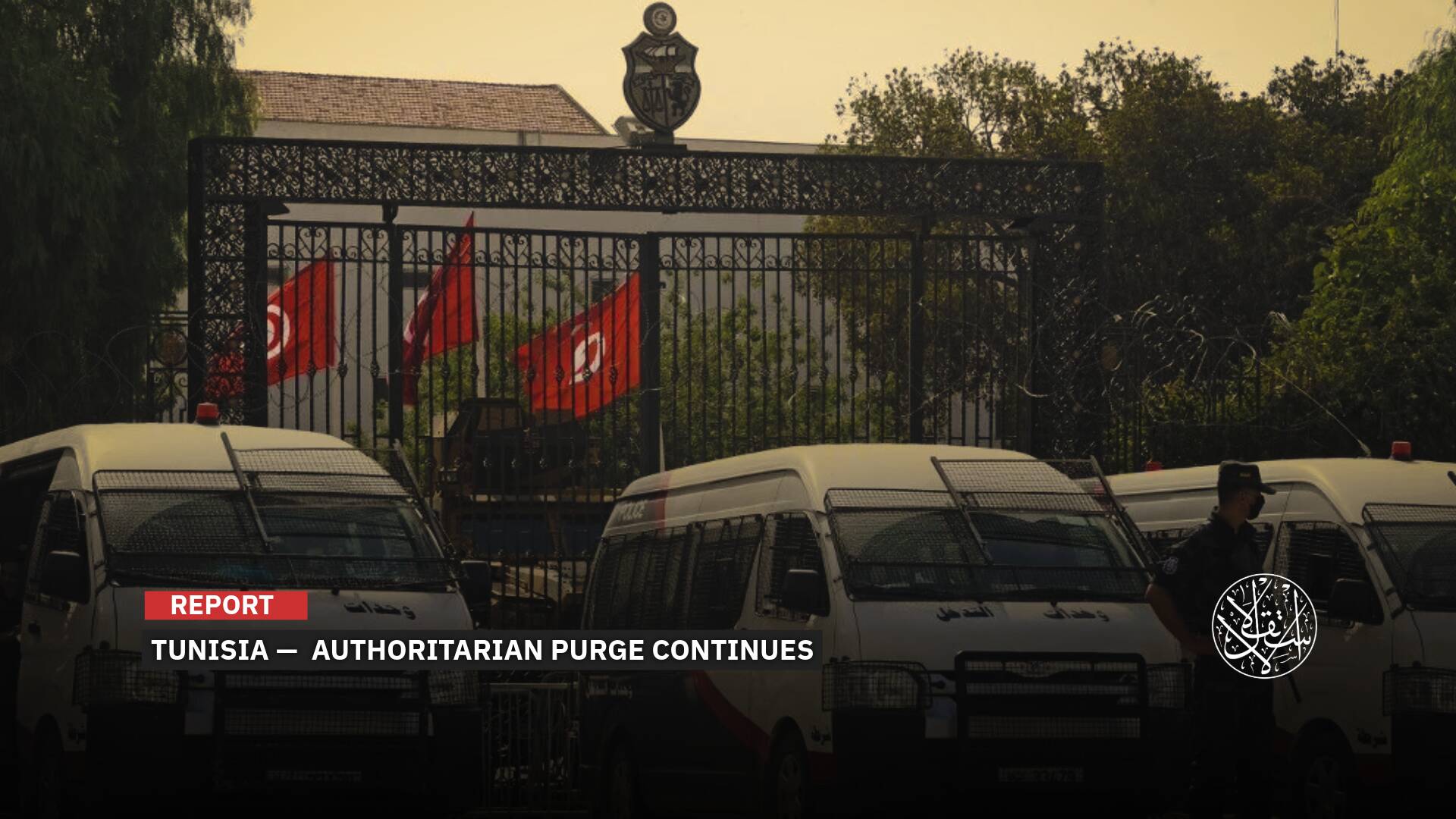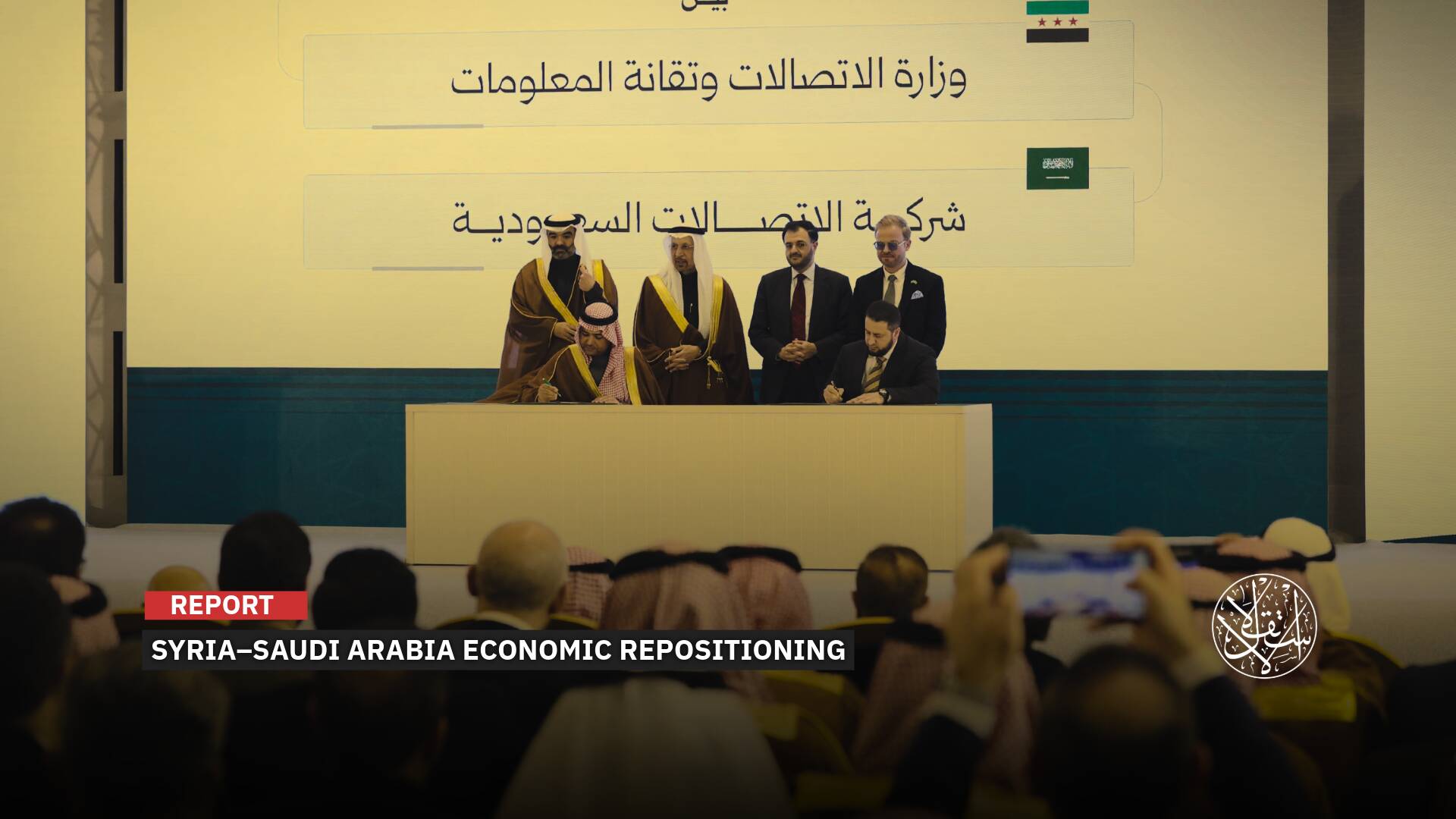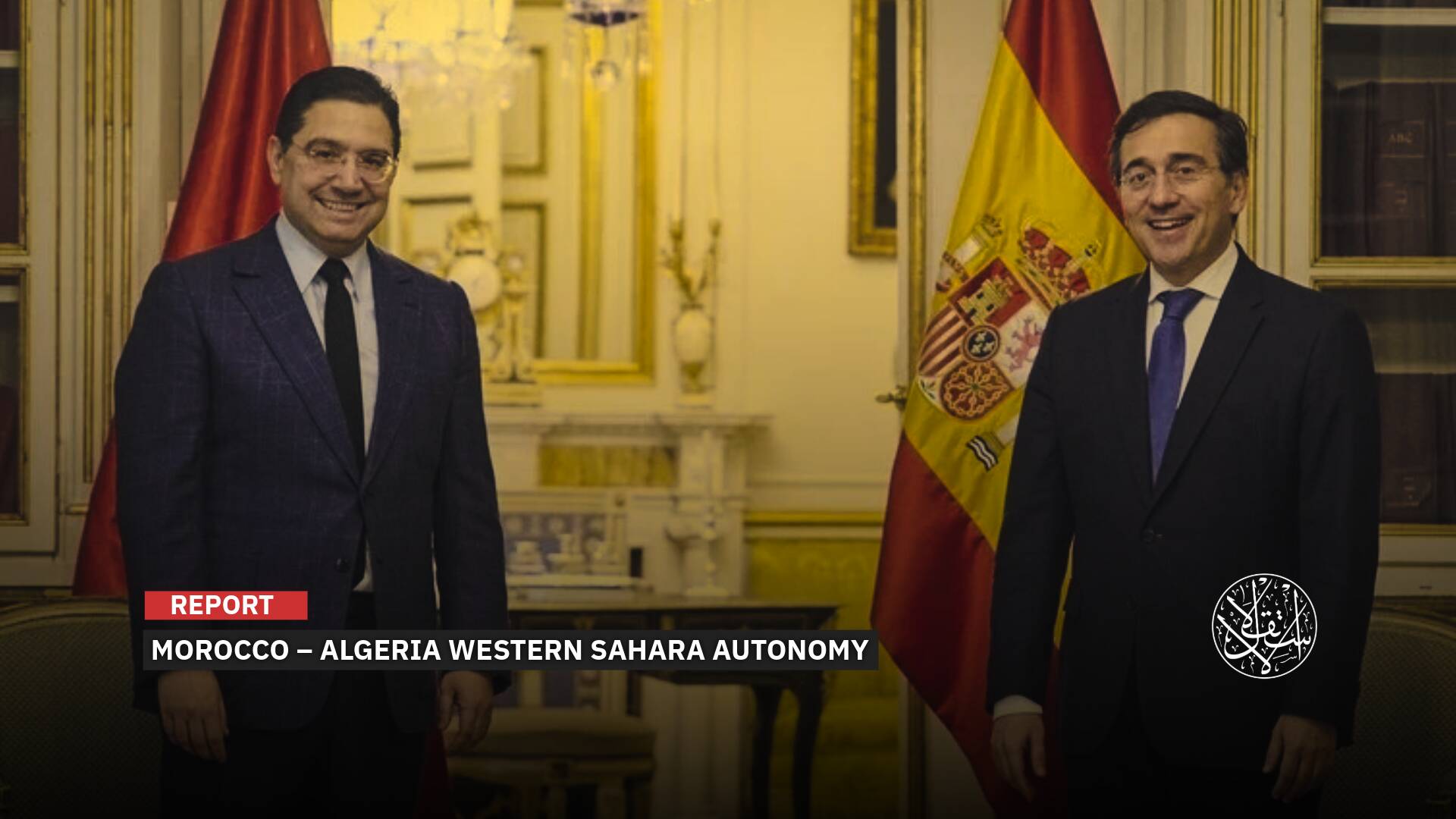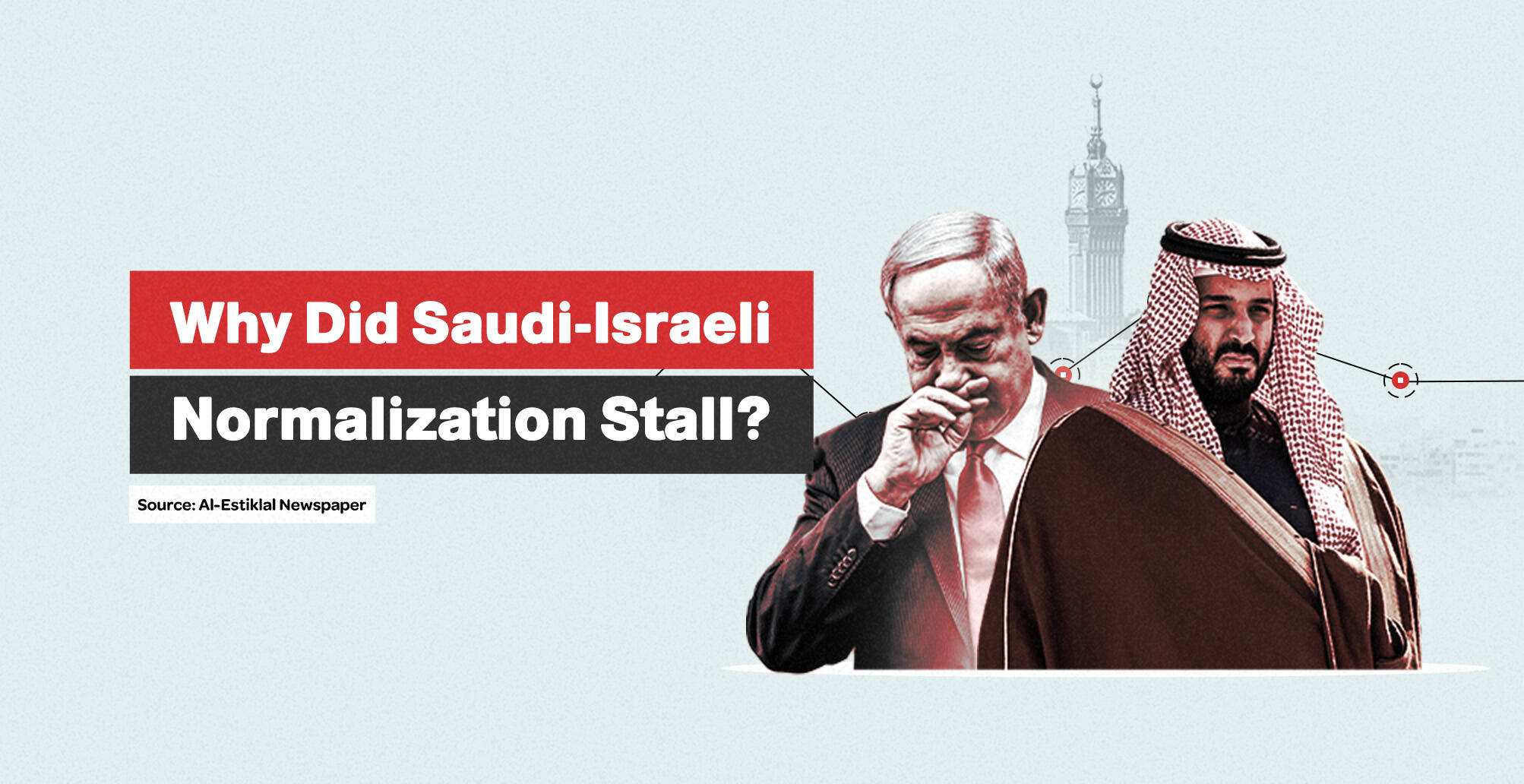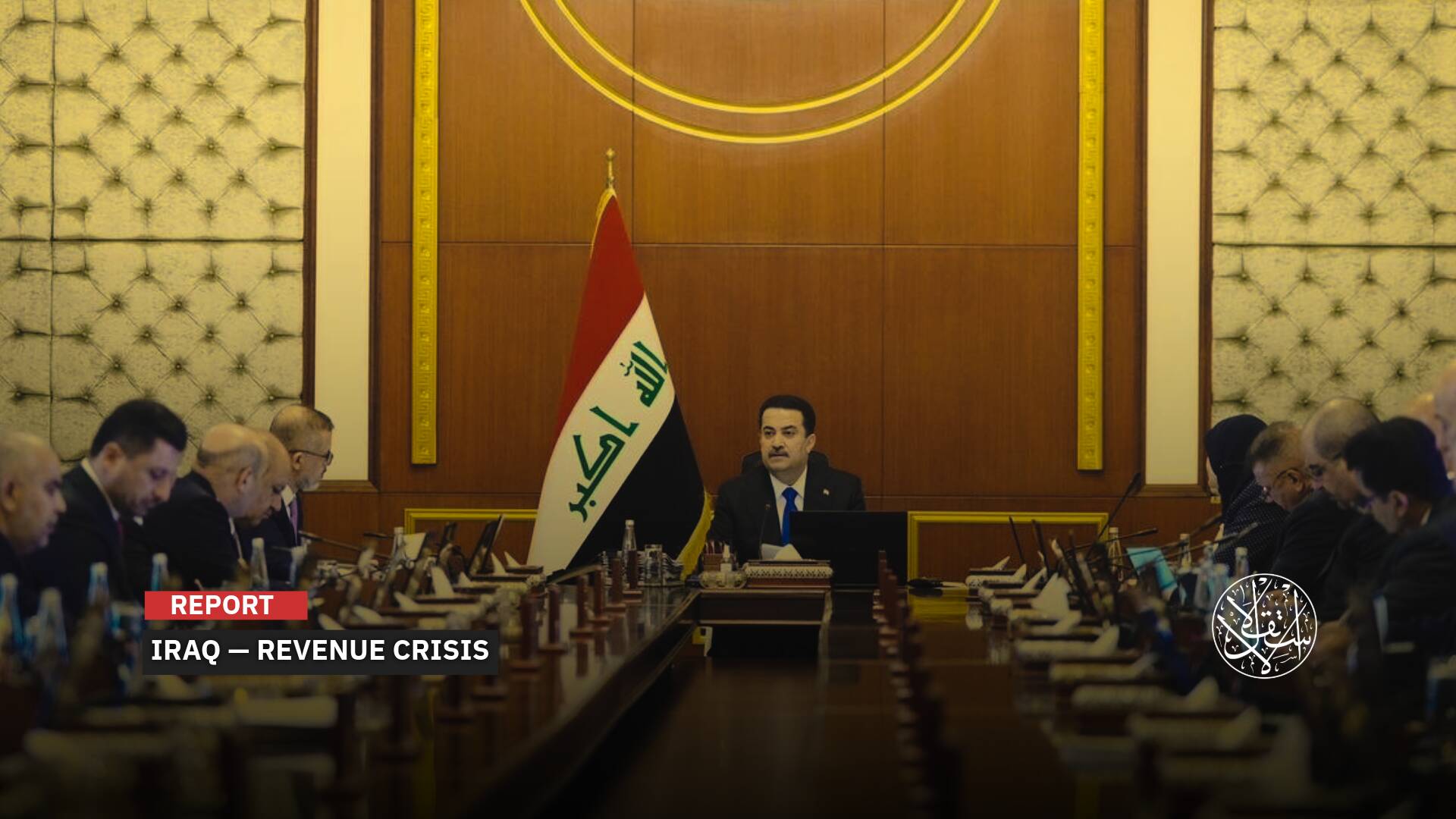This Is How Russia Exploits Humanitarian Aid Provided to the Syrians to Blackmail Western Countries

Over the past days, more than 4 million Syrians living in opposition-controlled areas have turned their attention to the consequences of the UN Security Council sessions on renewing the authorization of the aid delivery mechanism to them in an area that has been witnessing a siege and bloody war for more than a decade.
Millions of residents in Idlib, Syria, depend on aid at the Bab al-Hawa border crossing with Turkiye. Still, the entry of this aid through it is subject to regular bargaining by Russia. The fate of these people has become a football between the legs of the international political parties.
In previous years, the Russian bargain sought to condition the passage of humanitarian aid through and under the supervision of the Syrian regime. This was met with international rejection for many considerations, most notably that the regime could turn the distribution of aid into a pressure card or a siege on millions of Syrians, in addition to withholding it entirely from millions of others.
In recent years, Moscow has repeatedly used its veto over Western-backed measures on the Syrian file, using its veto 17 times since the outbreak of the war in Syria in 2011.
At the end of July 10, 2022, the decision to deliver aid across the border to northwestern Syria, which has been in effect since 2014, expired.
Hours before the decision ended, the last UN aid convoy, which included 44 trucks, entered the Bab al-Hawa, which has become the last lifeline for millions of Syrians who reject the rule of the head of the regime Bashar al-Assad.
Limited Extension
After several negotiating sessions, the UNSC was able on July 12, 2022, to adopt a majority resolution extending the authorization for cross-border aid deliveries to people in Syria by six months, with increasing international efforts for the reconstruction process.
The Security Council had failed, during previous sessions and consultations, to reach an agreement to renew the authorization due to the Russian veto on a Western project submitted by Ireland and Norway that would extend the aid mechanism for a year.
Diplomats at the United Nations told AFP that Moscow also rejected a project submitted by the UAE and Brazil to extend the authorization for the entry of aid for a period of nine months and insisted on a limited extension of six months, subject to renewal again.
The resolution to extend the mechanism for 6 months was unanimously agreed upon by the 10 member states, except for the United States, the United Kingdom, and France, which abstained.
The delegates of the countries that abstained from voting said in separate statements that the 6-month extension does not represent a sufficient period for relief groups to plan and work efficiently, stressing their position on the Assad regime and their refusal to provide any assistance for reconstruction in Syria without a real political process.
On the other hand, the ambassador of a member state in the Security Council told AFP that "what happened in the council is that Russia succeeded in twisting everyone's arm: Either the mechanism would remain broken, or it would be extended for six months, and we could not have let people starve to death."

The Security Council's vote on the delivery of humanitarian aid to Syria has long been a contentious issue, but this year it comes amid heightened tensions between Russia and Western countries over the war in Ukraine.
In 2014, the Security Council authorized the delivery of humanitarian aid to Syrian opposition-controlled areas of Iraq, Jordan, and two points in Turkiye, but Russia and China, which have veto power, have reduced this to just one Turkish border point (Bab al-Hawa).
More than 4,600 aid trucks crossed the border this year alone, most of which carried food items, according to data from the Office for the Coordination of Humanitarian Affairs (OCHA).
The delivery of aid is urgent, with humanitarian needs in Syria reaching their highest levels since 2011, as about 13.4 million people across Syria needed assistance in 2021, compared to 11.1 million in 2020, according to the UN.
Relief organizations had raised the alarm in case the decision to extend the aid mechanism across the border was not agreed upon, warning of a famine that might threaten the lives of millions of Syrians in the north of the country; dozens of projects in the region were halted within a maximum period of only one month, and more than 2 million people were deprived of food aid and potable water.

Bargaining Chip
Observers believe that the Security Council has turned into an arena for abhorrent political disputes, as the Russian veto showed the failure of the United States and the international community to find an alternative mechanism for humanitarian aid to cross into Syria.
This was confirmed by the Syria Response Coordinators group, which expressed great disappointment due to the UN Security Council's acquiescence to Russian demands, pointing out that it was possible to reach additional solutions, which reveals the falsity of international statements about the existence of alternative plans.
"The final draft resolution shows a complete absence of negotiations with the Russian side during the past days, as there was no change in the Russian proposal that was objected to," it also pointed out.
The group added that "the Security Council has become a new burden on the shoulders of the Syrians, due to the transformation of all humanitarian decisions into political bargaining chips among its members," calling not to politicize humanitarian files and to work for a radical solution to the Syrian issue.
https://t.co/iVtM9V6qgP pic.twitter.com/t2oLi35cTe
— Response Coordination Group (@group_response) July 13, 2022
Meanwhile, Human Rights Watch commented in a statement: "It is outrageous that Russia has once again succeeded in blackmailing members of the Council, this time by reducing the renewal period to six months until the authorization expires in the middle of winter."
On his part, Syrian researcher Firas Faham revealed in a statement to Al-Estiklal that "Russia's goal is to make amendments to the terms of the exceptional authorization granted by the Security Council to bring aid into northern Syria. It reduced the number of crossings until it reached one, and then stipulated the entry of aid through the contact lines (which separate the areas controlled by the Assad regime and the opposition)."
"In other words, Russia wants the Assad regime to participate in the process of distributing humanitarian aid, and this has political goals, including forcing the international community to deal with the regime as a fait accompli up to the stage of full normalization of relations," he explained.
With regard to the Western countries' once again acquiescence to the Russian amendments to the mechanism for delivering aid to Syria, Mr. Faham explained that "the Western countries' concession to Russia was due to the fact that they did not want to bear additional political and logistical burdens outside the scope of the Security Council and under the umbrella of the UN."
He pointed out that "this also does not mean the concession of Western countries and acceptance of support for reconstruction projects in Syria without obtaining gains from Russia," noting that some early recovery projects may be supported, but Russia must pay the price for that to the West in other files, such as the war in Ukraine, for example.

Political and Economic Gains
In a related context, the Syrian National Coalition rejected Russia's control over the humanitarian aid file related to Syria by arming it with its veto against any proposed resolution in the Security Council that serves the Syrians.
In a press statement, he called the General Assembly to hold a meeting on the humanitarian aid file and to implement Resolution L.52 submitted by Liechtenstein, which allows the General Assembly to meet within ten days whenever a veto is used in the Security Council by the five countries that have the power to do so.
The coalition also stressed the need not to involve Russia in humanitarian files, whether in Syria or elsewhere, as it has begun to exploit these files to pressure the West and obtain political gains away from observing humanitarian necessities. In addition, it is responsible for hundreds of war crimes and crimes against humanity in both Syria and Ukraine.
In a statement, the White Helmets Organization said that the state of blackmail imposed by Russia on the humanitarian file, linking the continuation of aid in exchange for concessions aimed at supporting the Assad regime and trying to float it politically and providing an international cover for the use of donor countries' funds in the reconstruction of the regime's institutions and prisons and further enriching the network of corruption and princes The war, under the heading of early recovery packages, is becoming increasingly evident.
"The Russian political use of the humanitarian aid file without any regard for humanitarian values benefited from the current international situation and the lack of seriousness in dealing with the political file in Syria, which is a clear circumvention of international sanctions and conditions for reconstruction," the statement explained.
The White Helmets stressed that it is not acceptable to continue subjecting the humanitarian file and life-saving aid to Russian blackmail, and it is not acceptable to turn humanitarian assistance into a weapon in the hands of Russia and the Assad regime, who politicizes their distribution in its areas of control and steals them to finance its terrorist operations to kill Syrians, while civilians are deprived of them.
"Access to humanitarian aid is a basic right for those in need and should not even be subject to periodic negotiation in the Security Council, whose main task is to focus on efforts for a political solution and the protection of civilians, not to be preoccupied with the entry of aid," it added.

The aid delivery mechanism that the UN has used since 2011 is one of the largest and most advanced. The UN supervises aid ranging between $2 and $4 billion to Syria every year, which passes through hundreds of humanitarian agencies and NGOs that receive funding mostly from Western donors.
It is noteworthy that the Syrian regime had tightly controlled the humanitarian aid file in its areas of control, which was estimated at $30 billion between 2013-2021, and turned it into a political and economical tool that would generate financial funding for it by exploiting a set of UN principles.
Sources
- UN extends aid lifeline to rebel-held Idlib by six months
- U.N. Security Council feuds over how long to extend Syria aid from Turkey
- Syrian Opposition Coalition - On Issue of Humanitarian Aid to Syria
- The White Helmets Refuse the Reduction of the Syria Crisis to an Annual Debate on Cross-Border Aid
- NGO statement on the UN Security Council reauthorisation of cross border assistance to Northwest Syria


